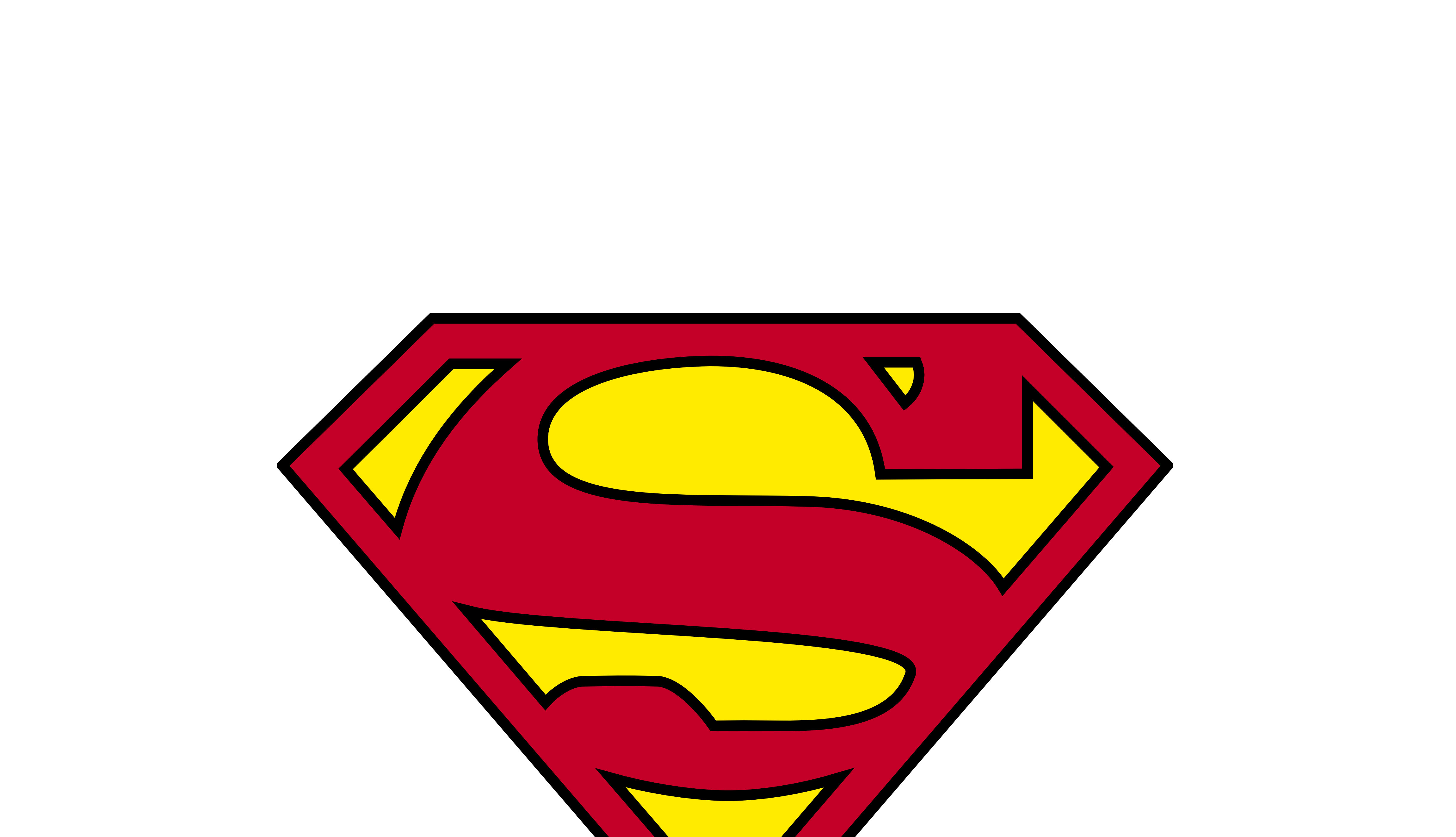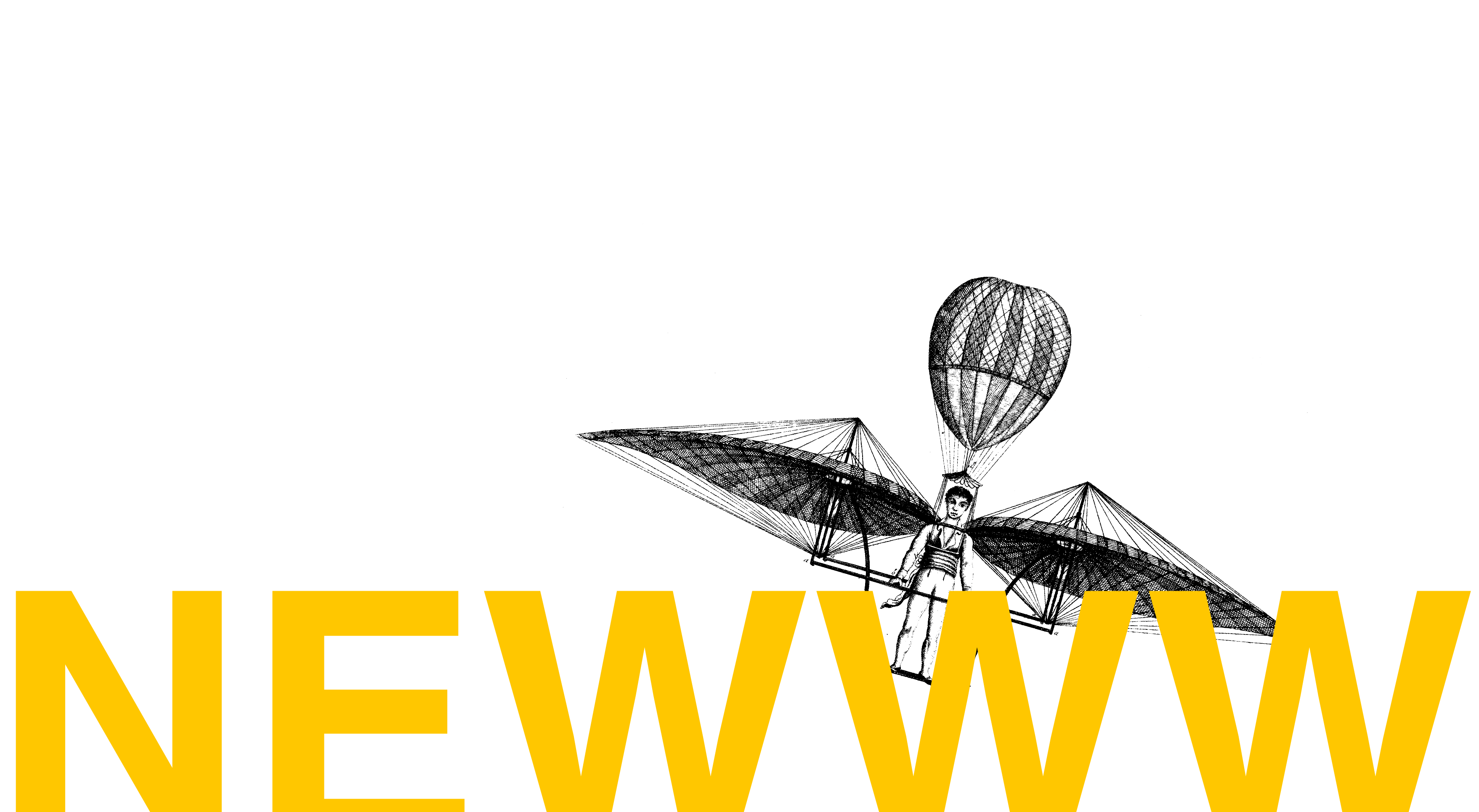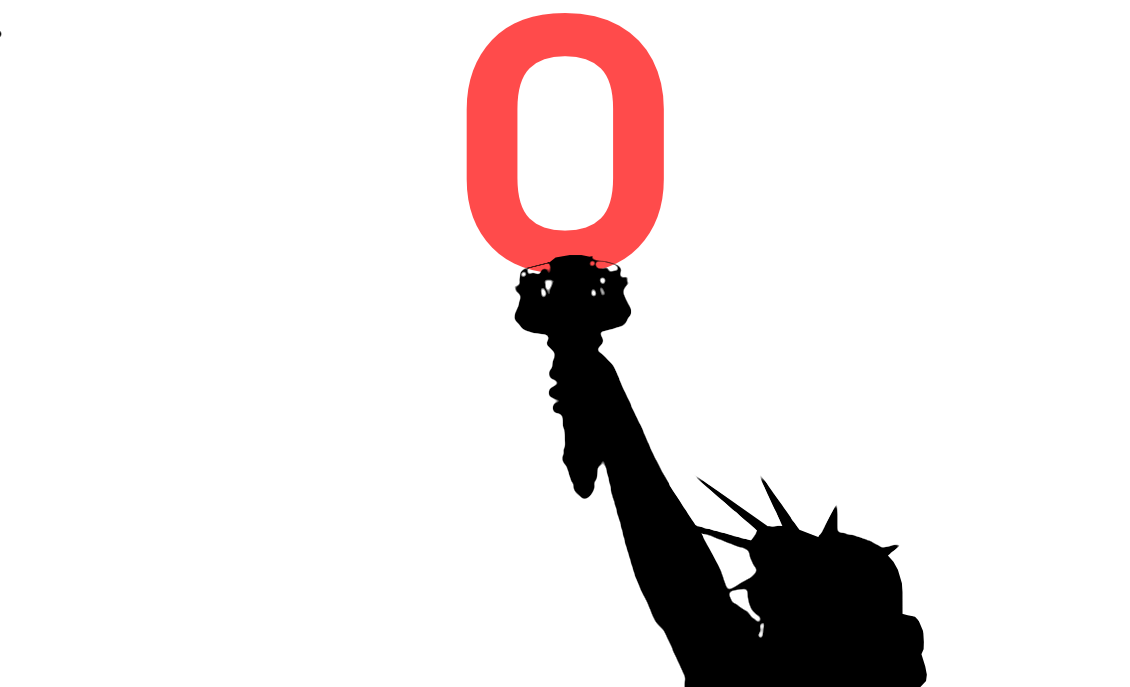Articles related to Digital Transformation

Computer Poetry
Every time we read a computer-generated text, part of our life gets sucked into a little black electric hole

“400,000 downloads with a super simple app”
Interview with Business Insider
Improving the Digital Reading Experience
Digital vs analog reading
Data Gourmet
Bon appétit
Predictions for 2008
Don’t take this too seriously
Looking Back on 2007
And a summer of love it was
This is madness!
No, this is Radiohead

The Future of News
How to Survive the New Media Shift
10 Newspaper Myths
Deconstructed

Understanding New Media
Engage in its dialogue

Pushers and Spammers Should Pay
Postage stamps for emails

How to Compete With Free
It is a lot of work

Technorati
Big business with bogus data

Web 3.0
You Say You're on a Revolution?
Jakob Nielsen, Time Machine?
An interview with the usability guru

